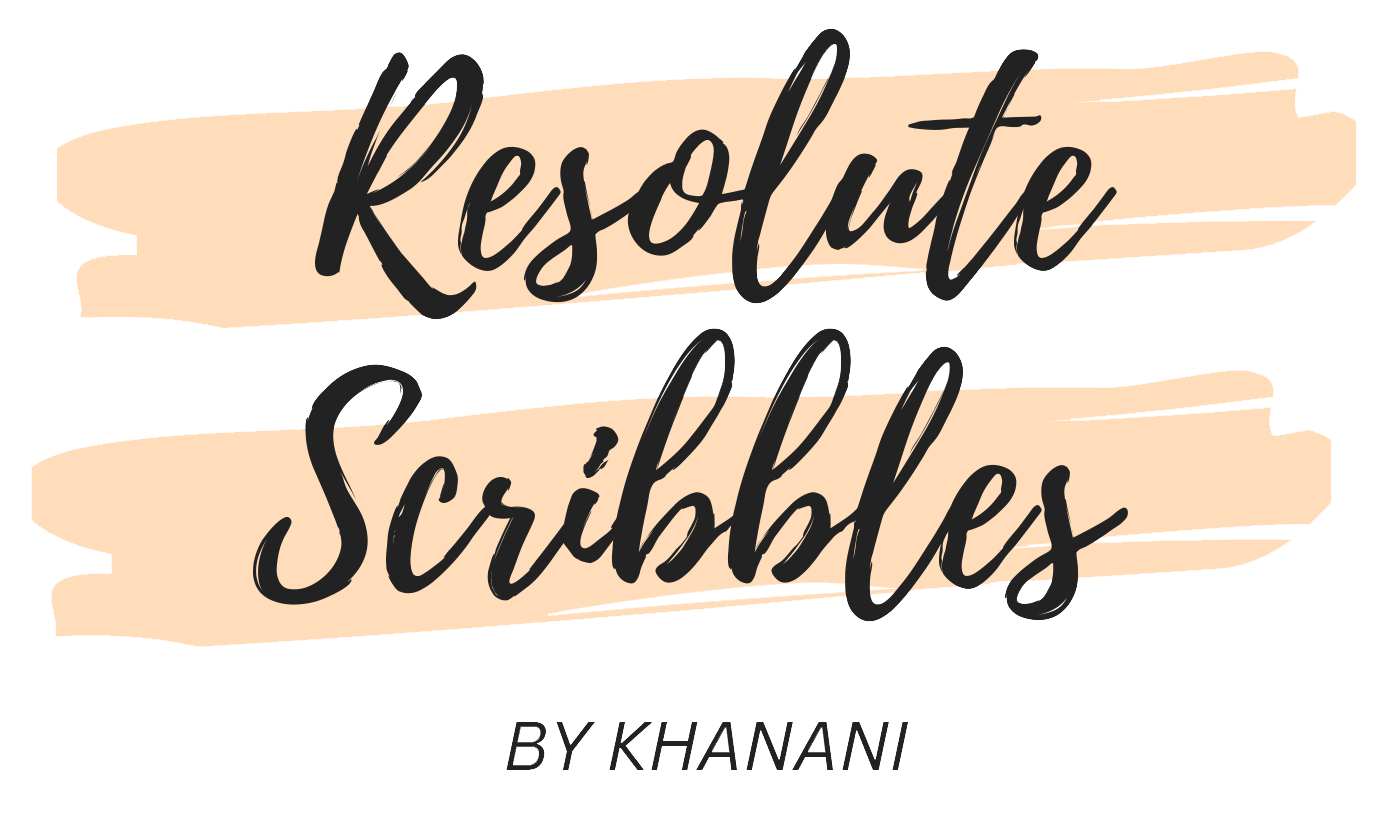As independence approaches, will anyone remember us during this scramble for rights? We are not natives, and we are not Europeans. India has disowned us; Nehru calls us ‘guests of Africa.’ We are not guests. We are Africans of Asian origin.
Excerpt from We Are All Birds of Uganda by Hafsa Zayyan.
***
Written from the point of view of Hasan, the protagonist’s grandfather, and Sameer, the protagonist, Hafsa Zayyan explores the themes of belonging, expulsion, loss, and depression in the height of political turmoil in Uganda.
Hasan’s perspective in the book explores the real-time political turmoil unfolding pre and post colonialism up until the military government of Idi Amin Dada takes on leadership in 1971. He processes the loss of his wife with the reader, the reluctance to remarry another, and the internal questions around his society and belonging that he grapples with through letters written to his dead wife. One of the themes that recur through these letters is the Asian’s search for belonging in a country they were born in and called their home.
Sameer, on the other hand, is three generations post Hassan. Born and raised in London, Sameer has successfully set himself up as a lawyer working in a top law firm and is about to make a partner. His world, however, changes when Mr. Shah, a close friend of his father, visits London from Uganda. A curiosity is stirred within him about his origins, and he sets out on a mission to find answers to his questions. Against his parent’s wishes, he visits Uganda and finds new meaning in his life.
He reads the letters his grandfather wrote all those years before and meets Maryam, a descendant of his grandfather’s closest Ugandan companion, Abdullah. It was cathartic to see the most dramatic scene in the book happen at Kololo airstrip independence grounds. The scene has the letters flying off with the wind as he falls on his knees, weeping under the rush of the rain, and Maryam holding him close to her chest.
***
I would say that reading this book gave me a version of history that I had never been keen to consider. How the Asians felt being expelled from a country that they were born in and had called their home was something I had never thought of.
It reminded me of Chimamanda’s renowned TedTalk on the dangers of a single-sided story. The book shed more light on what belonging, true belonging, means, especially in a land where you look different from its inhabitants.
I would recommend this book for its sheer insight into breaking down some of the stereotypes surrounding the 1972 Asian expulsion in Uganda’s history. I love that the author provides additional resources that can be explored to dive deeper into the theme.
This was the second Quarter’s (October) book club pick, and the discussion was invigorating. The next Book Club pick will be communicated through the newsletter before the holidays, and we will meet in January 2025.
Feel free to get a copy of the paperback using my Amazon Affiliate link, from which I’ll earn a commission.
Let us know in the comment section what you think about the book in case you’ve had the chance to read it.
Cheers!
